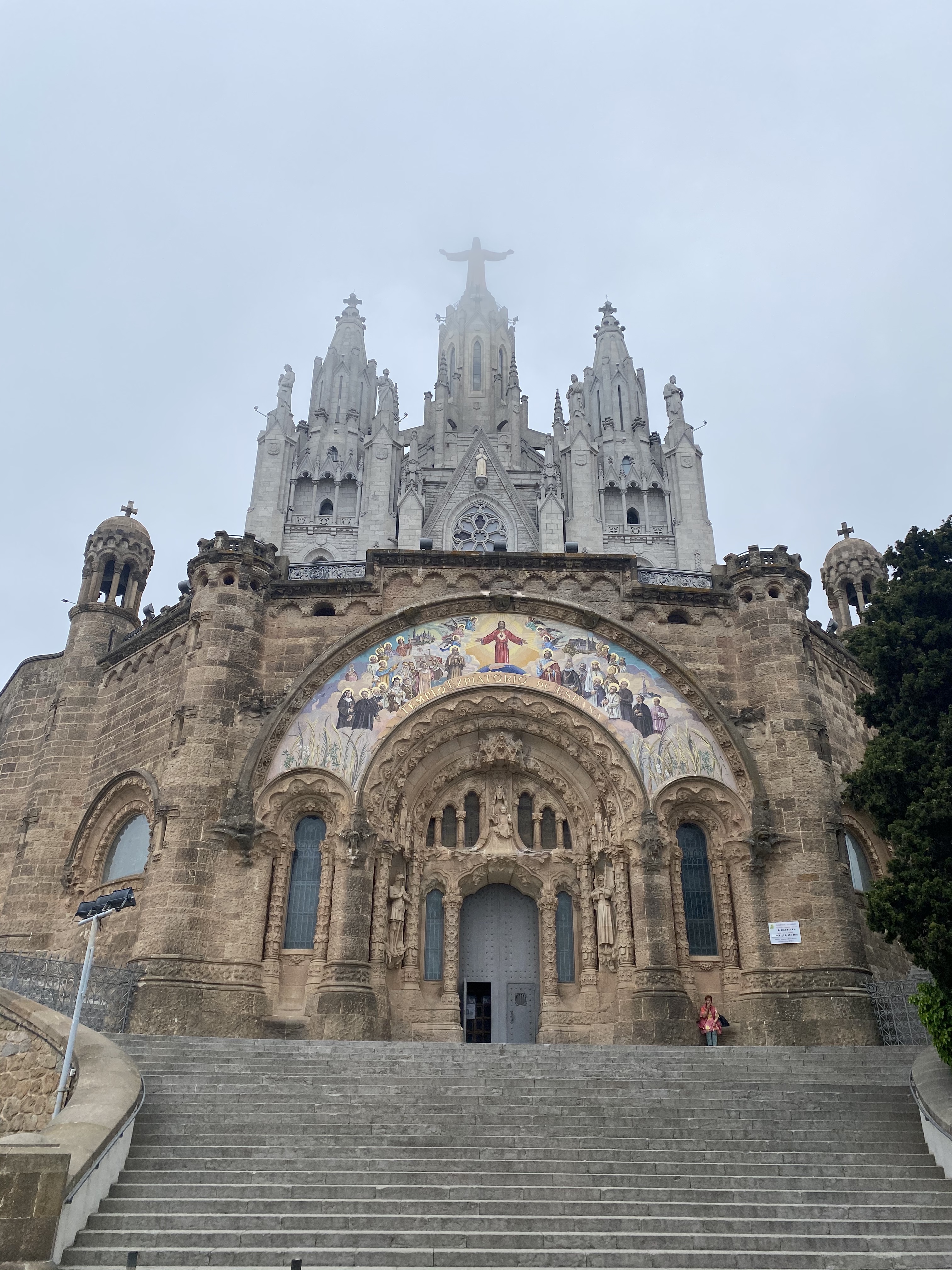
Latinx in Spain
It has been such a process and emotionally exhausting since I was initially supposed to study abroad. I am finally living and studying in the destination I intended to go to. One of the few things I wanted to accomplish during undergrad was to study abroad before graduating, and I was worried I wouldn’t be able to make that accomplishment happen because of the pandemic. But here I am, meeting amazing people, enjoying the city, and studying back in a classroom. (The first I’ve been in one since March of 2020).
There have been a few things that I’ve been experiencing through my time here that might feel familiar to other alumni who share my identities. Additionally, some new emotions have been magnified because of isolation and jumping into an incredibly social city. One notable curiosity that people who come to Barcelona from a Latin American background is language and answering the question, “where are you from.”
The internal monologue I have in my head when someone asks me, “where are you from?” In Barcelona, it goes something like this.
“Where am I from??”
“I mean, I live in the United States, but I never say I’m from the U.S. when I’m there.”
“Maybe they’re asking about my ethnicity?”
“Maybe they also live in the states and want to know what city/state I live in?”
I have so many identities, so there’s no one answer, so I go on a big spiel of how my parents immigrated, why I’m not that good at speaking Spanish, where I grew up in Los Angeles, etc. Moreover, when professors here find out my last name, they get excited and ask if I’m Spanish. I’m still unsure how to answer that because my ancestry is rooted in colonization, and therefore I have a Spanish last name and lineage. Also, I would assume they can connect the dots from the tone of my skin and my last name. But I have never claimed that identity, so I’ve just been telling them, “yes, because of colonization.” Which sounds okay to me.
So race and ethnicity here have always been a topic that really bends my mind. Because it makes me question how far Spanish colonization has reached into my life, even so, when I think about different cities and street names in my home of California.
Moreover, microaggressions absolutely do exist here towards people with my complexion. For example, someone in my group used the word “superior” when discussing the Spanish language and insinuated that all other Spanish is wrong. Or when some lady told a girl to go back to her country during an argument. Or when some boys from England told my friend that they couldn’t believe that he could speak English as well as they could. I have very little tolerance and patience when speaking with people with the opposite sensibilities. Still, one big motivation I take away from each microaggression is that I hope to inspire more people of color in the future to travel and show more of our faces and occupy spaces that we are never seen in.

